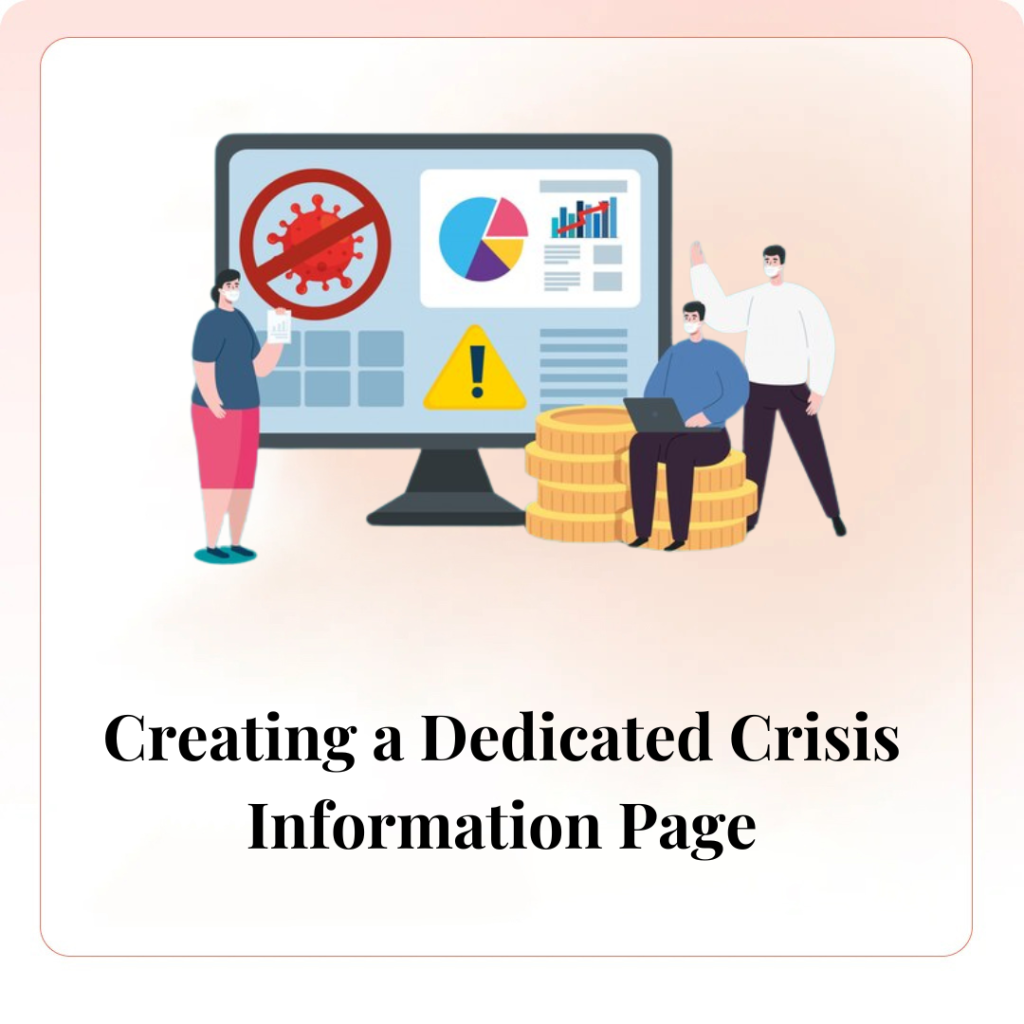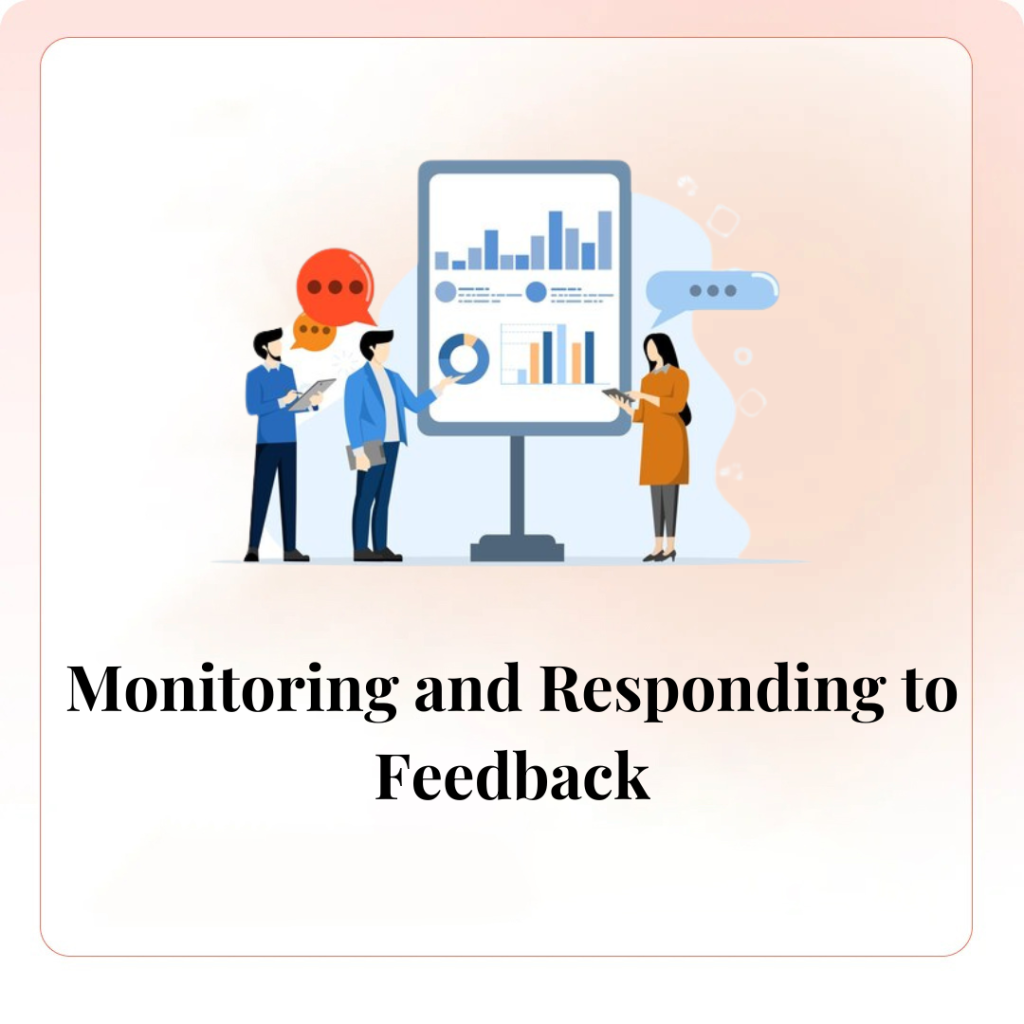Back
In times of crisis, effective communication is crucial for managing public perception and maintaining trust. Digital marketing offers powerful tools to facilitate timely and transparent communication during a crisis. This blog explores how to use digital marketing for crisis communication and provides strategies to navigate challenges with confidence.
Before a crisis occurs, it’s essential to have a well-defined crisis communication plan. This plan should outline:


Social media is a vital tool for disseminating information quickly and reaching a broad audience. During a crisis, use social media to:
A dedicated crisis information page on your website can serve as a central hub for all crisis-related communications. This page should include:


Email marketing allows for direct and targeted communication with your audience. Use email to:
Video content can be an effective way to convey messages during a crisis. Consider using video to:


Search Engine Optimization (SEO) ensures that your crisis communication content is easily discoverable online. Optimize your content with relevant keywords such as:
Active monitoring of digital channels is crucial during a crisis. Use tools to track mentions, comments, and feedback on social media and other platforms. Respond promptly to:


Influencers and industry partners can help amplify your message and reach a wider audience. Collaborate with trusted voices to:
After the crisis, it’s important to analyze your communication efforts and learn from the experience. Conduct a post-crisis analysis to:


Transparency and accountability are key to maintaining trust during and after a crisis. Ensure that all communications are:
Digital marketing plays a critical role in crisis communication, providing the tools and platforms needed to manage public perception and maintain trust. By establishing a comprehensive crisis communication plan, utilizing social media and other digital channels, and maintaining transparency and accountability, companies can navigate crises with confidence and resilience. Embrace the power of digital marketing to ensure your crisis communication efforts are effective and impactful.
This website stores cookies on your computer. Cookie Policy

